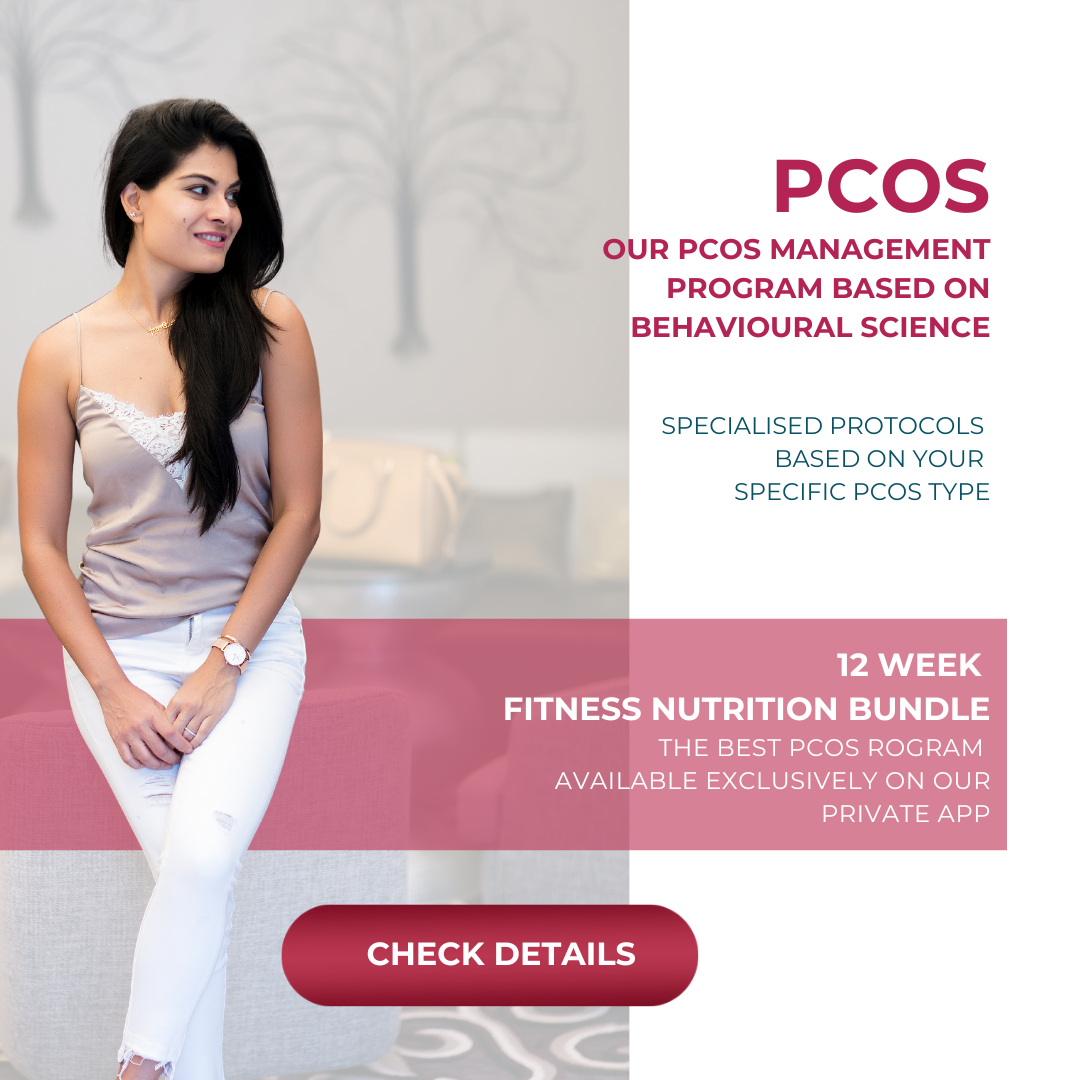Copper-Rich High Protein Quinoa Salad

Another example for a quick vegetarian recipe that is high in protein and iron. This one is also high in copper. This recipe can be hand as a meal on its own for one person as well as shared.
With nearly 20 gms of protein this is great if you are living abroad and need a quick high protein meal.
Ingredients:
- 1/2 cup quinoa (uncooked)
- 1 cup cooked chickpeas (canned or boiled)
- 1/4 cup chopped red bell pepper
- 1/4 cup chopped cucumber
- 1/4 cup chopped red onion
- 2 tablespoons chopped fresh parsley
- 2 tablespoons pumpkin seeds (pepitas)
- 2 tablespoons sunflower seeds
- 1 tablespoon olive oil
- 1 tablespoon lemon juice
- Salt and pepper to taste
Instructions:
- Cook the quinoa: Rinse the quinoa under cold water, then combine it with 1 cup of water in a saucepan. Bring to a boil, then reduce the heat to low, cover, and simmer for about 15 minutes or until the quinoa is cooked and the water is absorbed. Fluff with a fork and let it cool.
- Prepare the vegetables: In a mixing bowl, combine the cooked chickpeas, chopped red bell pepper, cucumber, red onion, and chopped parsley.
- Add seeds: Mix in the pumpkin seeds and sunflower seeds with the vegetables.
- Make the dressing: In a small bowl, whisk together the olive oil, lemon juice, salt, and pepper.
- Combine everything: Add the cooked quinoa to the bowl of vegetables and seeds. Pour the dressing over the mixture and toss everything together until well combined.
- Serve
Here are the approximate nutritional values for the provided recipe:
-
Calories: Around 470 kcal
-
Macronutrients:
- Protein: Approximately 20 grams
- Carbohydrates: Approximately 54 grams
- Fats: Approximately 20 grams
-
Micronutrients (Approximate values):
- Vitamin A: About 11% DV
- Vitamin C: Approximately 55% DV
- Calcium: Around 8% DV
- Iron: About 36% DV
- Potassium: Approximately 16% DV
- Copper: Approximately 30% DV
Please note that these values are approximate and can vary based on factors like the specific brands and varieties of ingredients used
Ensuring an adequate intake of dietary copper is important for several reasons:
-
Enzyme Function: Copper is a crucial component of many enzymes in the body. These enzymes are involved in various biochemical processes, including energy production, iron metabolism, and the formation of connective tissue.
-
Iron Metabolism: Copper plays a role in the absorption, transport, and utilization of iron. It helps convert iron into a form that is more easily absorbed in the intestines and utilized by the body.
-
Connective Tissue Formation: Copper is necessary for the formation of collagen, a protein that provides structure to connective tissues like skin, tendons, and ligaments.
-
Immune System Support: Copper is involved in the production of white blood cells and helps the body fight off infections.
-
Antioxidant Defense: Copper is a component of the enzyme superoxide dismutase (SOD), which is a powerful antioxidant. SOD helps protect cells from damage caused by free radicals.
-
Neurological Function: Copper is essential for the normal functioning of the nervous system. It is involved in the production of neurotransmitters, which are chemicals that transmit signals in the brain.
-
Maintenance of Blood Vessels and Bones: Copper is required for the formation of hemoglobin and elastin. Hemoglobin carries oxygen in the blood, while elastin helps maintain the elasticity of blood vessels and skin.
-
Pigment Production: Copper is involved in the production of melanin, the pigment responsible for the color of skin, hair, and eyes.
-
Energy Production: Copper is necessary for the production of adenosine triphosphate (ATP), which is the primary energy currency of cells.
-
Wound Healing: Copper is involved in the process of wound healing. It helps in the formation of new blood vessels and the repair of tissues.
It's important to note that while copper is essential for health, excessive intake can be harmful. Therefore, it's recommended to obtain copper from a balanced diet rather than through supplements, unless specifically advised by a healthcare professional.







Leave a comment